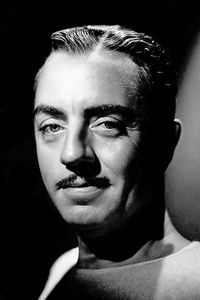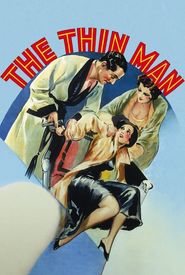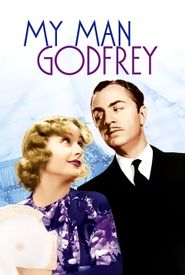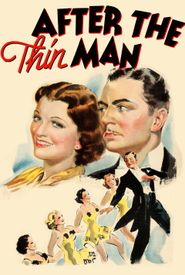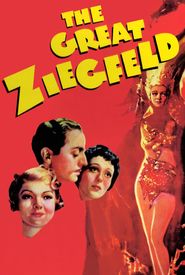William Powell's journey to stardom was a long and winding one, marked by early beginnings on the New York stage in 1912, with a decade-long gap before his film career finally took off in 1924. He joined Paramount Pictures, where he spent seven years, playing in a variety of films, but struggling to find his footing and achieve widespread recognition.
It wasn't until his role as the arrogant film director Leo in 1928's "The Last Command" that Powell began to attract attention, and his portrayal of Philo Vance in "The Canary Murder Case" (1929) cemented his status as a rising star. However, unlike many of his silent film contemporaries, Powell's transition to sound pictures was a seamless one, thanks to his fine, urbane voice and his extensive stage training and comedic timing.
Despite his success, Powell grew disillusioned with the types of roles he was being offered at Paramount, and in 1931, he made the bold decision to switch to Warner Bros. Unfortunately, his experience at Warners was similarly disappointing, and he ultimately left the studio after his appearance in "The Kennel Murder Case" (1933).
Powell's fortunes changed dramatically when he joined MGM in 1934, where he was paired with the talented Myrna Loy in "Manhattan Melodrama" (1934). Their on-screen chemistry was undeniable, and Powell's portrayal of Nick Charles in "The Thin Man" (1934) earned him an Academy Award nomination and catapulted him to international stardom.
Throughout the 1930s, Powell continued to impress audiences with his versatility, receiving nominations for his work in "My Man Godfrey" (1936) and "The Great Ziegfeld" (1936),which won the Best Picture award. His partnership with Loy continued to flourish, and the two became one of Hollywood's most beloved on-screen couples.
Tragedy struck in 1937, when Powell's fiancée, Jean Harlow, died suddenly, leaving him devastated. He took six weeks off from filming to mourn her passing, and it would be a year before he returned to the screen. Despite this setback, Powell continued to work, eventually making five sequels to "The Thin Man" and earning his third Academy Award nomination for his work in "Life with Father" (1947).
As the years went by, Powell's screen appearances became less frequent, but his legacy as one of Hollywood's greatest leading men remained unwavering. His final role was in 1955, a far cry from his early days as a villain on the New York stage in 1922.
